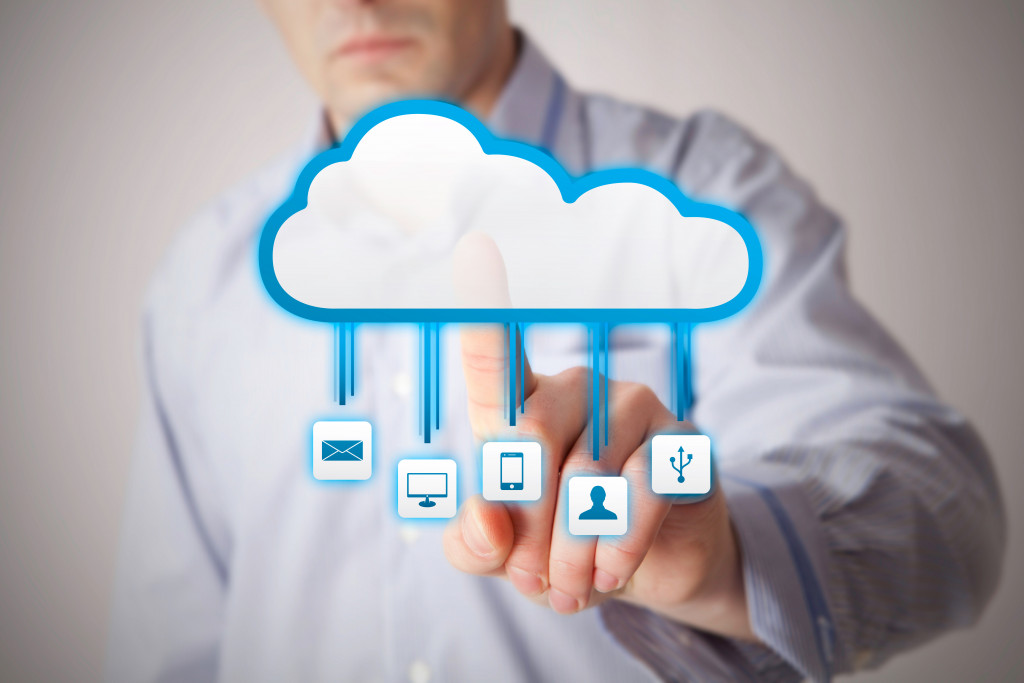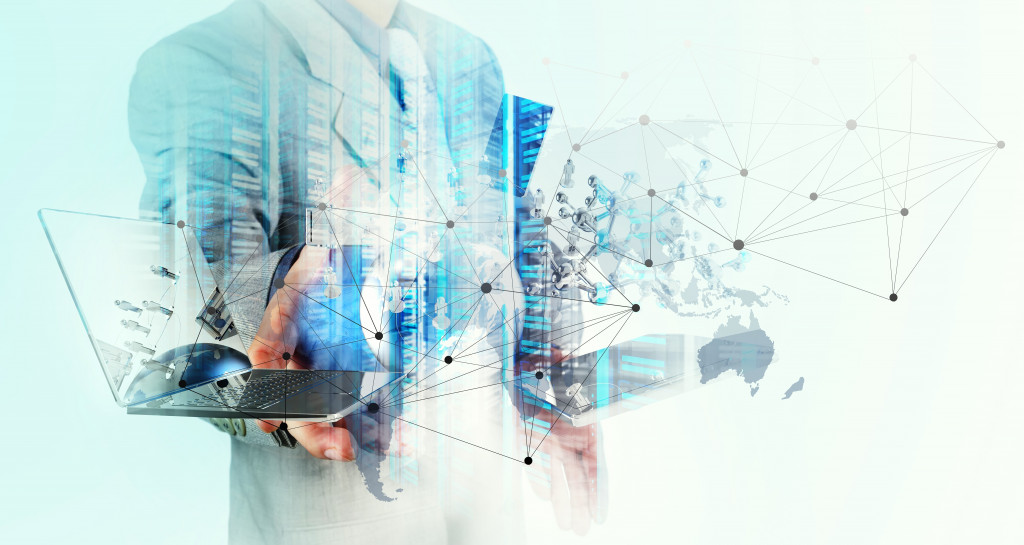The technology industry is one of the world’s fastest-moving and most competitive industries. In fact, according to the Computing Technology Industry Association (CompTIA), the direct contribution of the said industry to the entire US economy is estimated to be about 9% or $1.8 trillion.
Thus, companies are constantly looking for the latest innovative technology that can give them an edge over their competitors. Here are some of the latest tech innovations that are sure to revolutionize the industry:
Big Data
The term “big data” refers to the large volume of data that organizations generate on a daily basis. This data can come from a variety of sources, including social media, transactions, clickstreams, and more. The challenge for organizations has been managing, managing, and analyzing this data.
However, with the advent of big data solutions, organizations can now store and process big data cost-effectively. These solutions have already significantly impacted the healthcare, retail, and manufacturing sectors. For instance, by analyzing big data, healthcare organizations have been able to identify trends and patterns in diseases. This has led to the development of more effective treatments and prevention methods.
In the retail sector, big data is used to personalize consumers’ shopping experiences. And in manufacturing, big data is being used to optimize production processes. As these examples illustrate, big data is changing how organizations operate and compete.
Cloud Computing
Cloud computing is a model for providing IT services over the internet. With cloud computing, businesses can take advantage of on-demand self-service, broad network access, and resource pooling. This results in reduced IT costs, increased agility and flexibility, and improved scalability.
Cloud computing has already had a major impact on businesses of all sizes. It is only expected to grow in popularity in the future. For example, some companies use cloud-based solutions to create virtual call centers. This allows them to reduce their infrastructure costs and improve their customer service.
Other companies are using cloud-based solutions for data storage and backup. This is an attractive option for businesses because it is cost-effective and allows them to access their data anywhere in the world. As more and more companies move to the cloud, it’s clear that this technology is changing the way businesses operate.

Industrial Sensors
Industrial sensors are devices used to measure physical quantities such as temperature, pressure, and level. They are commonly used in industrial settings such as factories and power plants. However, with the advent of more advanced technologies, industrial sensors are becoming more commonplace in other industries as well.
What’s more, is that this equipment is also more readily available than before. In fact, there are sites like sensorsincorporated.com that provide different types of industrial sensors for purchase. These devices’ availability and affordability make them more attractive to a broader range of businesses.
As industrial sensors become more widespread, they are sure to significantly impact how businesses operate. For instance, by installing industrial sensors, companies will be able to collect data about their operations. This data can then be used to improve efficiency and optimize production processes.
Internet of Things
The Internet of Things (IoT) is defined as the connection between physical devices and objects that are able to collect and exchange data. The IoT has already begun transforming industries such as healthcare, transportation, and manufacturing.
For example, hospitals are using IoT devices to track patients’ vital signs and improve patient care; transportation companies are using IoT devices to track vehicles and improve fleet management; and manufacturers are using IoT devices to track production processes and optimize operations.
The possibilities for the IoT are endless — it is expected to have a major impact on nearly every industry in the years to come.
Artificial Intelligence
Artificial intelligence or AI, a branch of computer science, aims to create intelligent agents and systems that are able to reason, learn, and act autonomously. AI has already begun transforming the healthcare, finance, and retail industries.
For example, AI is being used to develop new drugs and personalized treatments for patients; AI is being used by banks to prevent fraud and detect financial crimes, and AI is being used by retailers to provide customized recommendations and improve customer service.
In addition, companies are already using AI-powered chatbots to handle customer service inquiries. As AI technology continues to develop, more and more jobs will likely be automated.
The technology industry is constantly changing — new technologies emerge every day that have the potential to revolutionize the way people live and work. The technologies mentioned above — big data, cloud computing, industrial sensors, the Internet of Things, and artificial intelligence — are just a few examples of technologies that have the potential to radically transform the world.

